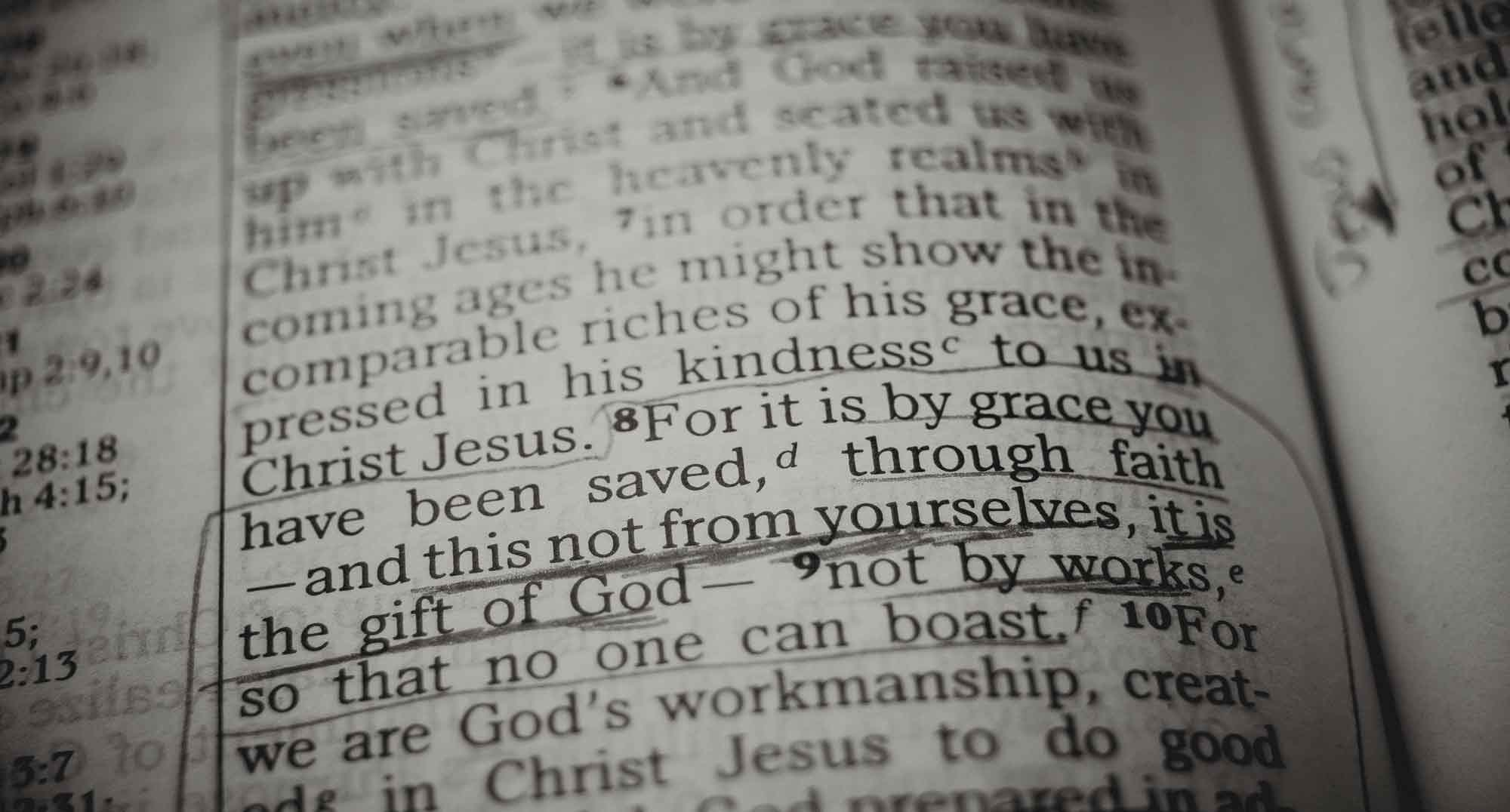Taking a Long, Hard Look at the Bookshelf
HOLLY MACKLE|CONTRIBUTOR Oh how I love to read all the things. When a friend asks me what my favorite book is I feel a tightening in my chest, sweaty palms, and the unmistakable tremor of panic. Did she just ask me which child I prefer?? I typically freeze. Sometimes it’s awkward. Sometimes, if I’m feeling kicky, I toss out a line to see if the asker will bite. “Solely memoirs of SNL cast members.” “Dark political satire.” “Cookbooks before bed.” Sometimes I’m a jerk and I utter the (let’s face it, totally arrogant) response, “I read pretty widely,” before shifting the question back to them, “What kind of book do you like?” (Obviously it’s far preferable to riff off something a friend is interested in and ask if they’ve read a similar title rather than be put before that specific firing squad.) So since you (did not, and thank you for not) ask, for this specific enCourage audience, I’ll say I love books that trace the perseverance of God’s faithful. I’ll weep alongside the real life Sheldon Vanauken, or feel my heart beating out of my chest every time Francine Rivers’ fictional Hadassah narrowly escapes. I’ll eye roll at just how much contemporary Christian thought is borrowing from Augustine’s Confessions, and yell at the prison guards in Darlene Diebler Rose’s Evidence Not Seen. Give me the thread of redemption any old day, and please oh please allow me to see God’s faithful holding the line, from one to the next, shoulder to shoulder, generation after generation. As I glance at my bookshelves, one sad reality comes to light: while God’s faithful are all throughout history, real or fictionalized, my “wide” reading of their stories lacks the full spectrum of his faithfulness at best, and is stunted and narrow at worst. There are gaping holes on my bookshelves that are not so in God’s authorship of redemptive history. One of those holes hovers right over a wicked period in our country’s past, in the history of African American slavery. As I looked into titles that fit the bookshelf gap, the work of author, biographer, and former slave herself, Octavia Albert, practically jumped off the page. Mrs. Albert was a believer, a teacher who viewed her profession as worship, and a curator of the voices and God-stories of others—that’s three checkmarks in the “someone I’d like to know” column...










